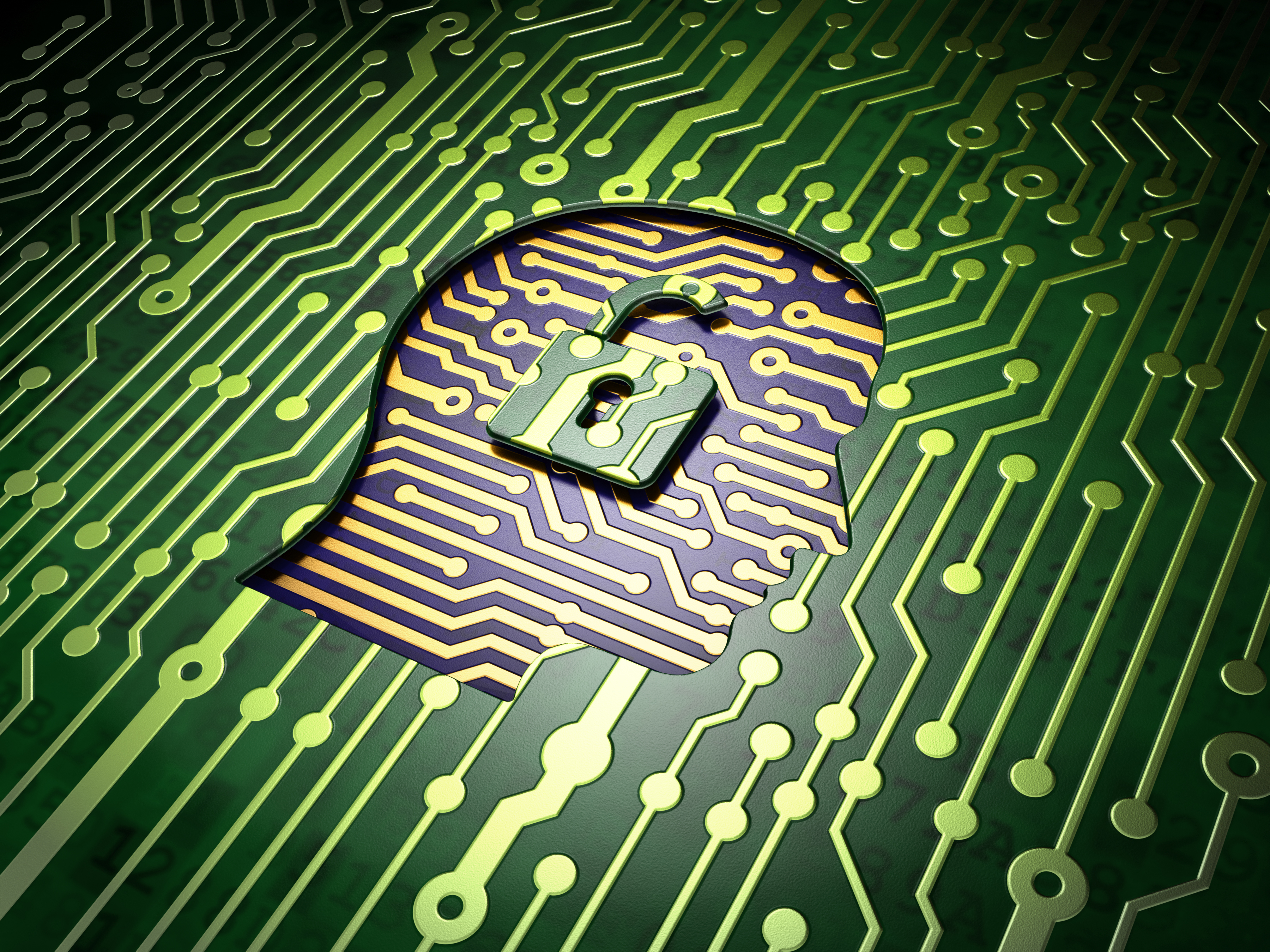Memories: They are all there
Knowledge is expanding. Lines are blurring between traditional fields of expertise, between the physical and digital, between humans and machines. In this article and in upcoming articles I will speculate on what this change might look like and how it may improve our lives now and in the future.

I believe that rather than being fleeting and spotty, memory may be permanent and total.
Here is my conception of how memory might work:
All exposures by the senses are recorded and retrievable from a very early age in life. However, to optimize recall time, most are suppressed. Drugs that open gateways such as marijuana, ecstasy and psilocybins can temporarily remove the inhibitors, and so permit access. The capacity for storage is relatively unlimited. The mechanisms of storage are possibly a combination of the traditional electrical synapse theory, used for rapid access, and a yet to be discovered genetic code like write-re-write storage mechanism. This mechanism could explain why the storage is unlimited and some memories are harder to recall than others.
The significance of each of these suppositions is the following:
- All input is stored means that many of the assumptions of early learning may be wrong. If all the inputs are stored, why not expose young children to a rapid progressive lesson plan of mathematics, science, art, history, and language? We don’t do this currently because we think children won’t “absorb”, understand or process it. Yet if all inputs are stored, they might be able to make the connections later. We underestimate our capacity to learn and therefore unnecessarily slow the human race.
- Memory suppression. Everyone has had the experience that a long forgotten memory comes back in certain situations, sometimes a dream, or a drug-induced moment. Suppression permits the more current processing to be unencumbered. In the future, we may have better, more specific drugs or electrical brain stimulus to permit us to recall the lessons mentioned above. A new field of targeted brain unveiling may be the way to train employees, scientists, artists and useful humans of the near future.
- Genetic editing has demonstrated that specific physical and biologic traits can be expressed by inserting or deleting small segments of the A,T,C,G genetic code. Epigenetics has demonstrated that the underlying code can be manipulated to express or suppress various behaviors. The trillions of traits and cellular activities are controlled by only 4 letters. The same process makes sense for memories and may be the only system known so far that has the capacity to recall all our sensory inputs.
So, in the near future, learning, remembering, training, and enjoying may be expanded by using simple unlocking tools, as long as the most up to date information has been installed.
